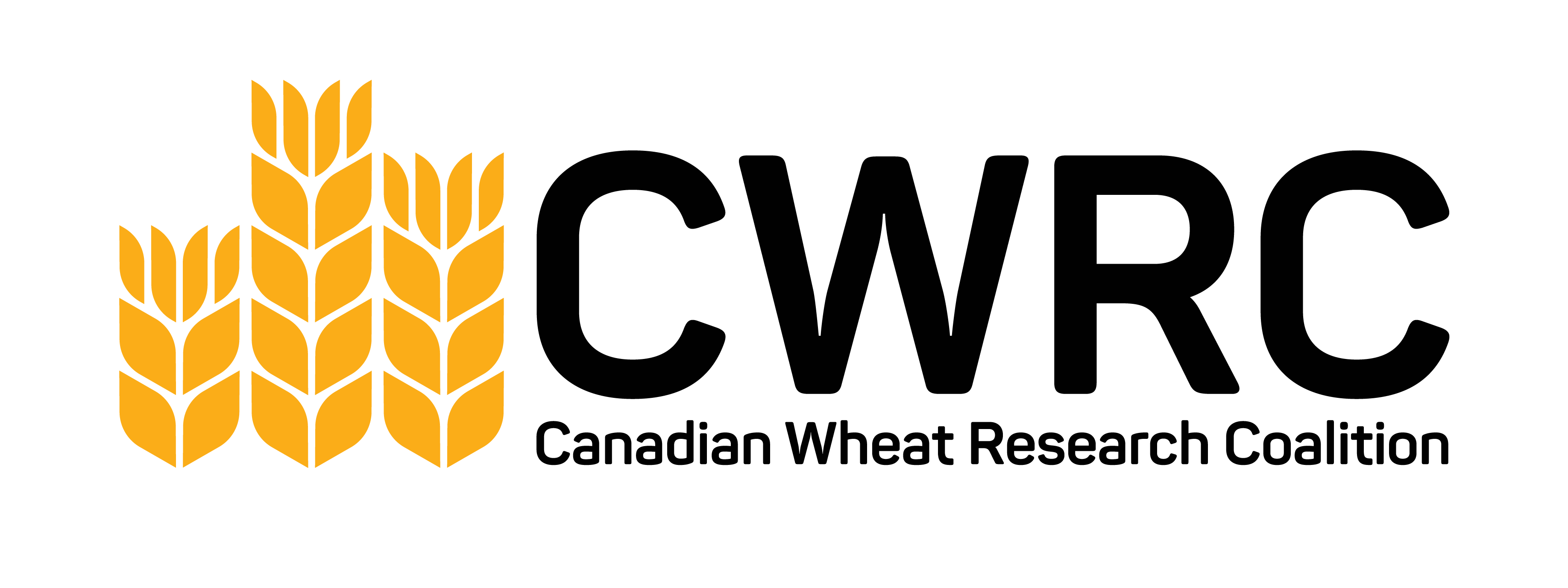Grain Growers of Canada Welcomes New Federal Government, Urges Immediate Action on Key Farm Priorities

April 29, 2025 (Ottawa, ON) – Grain Growers of Canada (GGC) welcomes Prime Minister Mark Carney and all Members of Parliament elected to Canada’s 45 th Parliament and is urging the new government to act swiftly to address the pressing challenges facing Canadian grain farmers.
“The stakes of this election could not have been higher for grain farmers,” said Kyle Larkin, Executive Director of GGC. “From rising input costs and global market uncertainty to transportation bottlenecks and regulatory pressures, producers are facing a growing list of challenges that require immediate federal attention.”
To deliver meaningful relief, GGC is urging the government to reverse the capital gains tax increase, permanently eliminate the carbon tax for on-farm activities, and resolve ongoing trade uncertainty with the United States and China.
“The capital gains tax increase and the carbon tax are not abstract issues for farmers,” said Tara Sawyer, Chair of GGC and a grain farmer from Acme, Alberta. “They directly impact whether we can invest in new equipment, transfer the farm on to the next generation, and continue contributing to the economy. We need immediate action to support the continued viability of family-run grain farms.”
During the election, GGC helped raise awareness of these challenges through its Vote for Grain campaign, which saw hundreds of letters sent to political candidates across the country. The campaign also urged the government to invest in trade-enabling infrastructure, improve transportation systems, modernize regulations, support plant breeding innovation, and defend access to global markets through rules-based trade.
“Grain farmers are ready to be an equal partner with government in growing Canada’s economy,” said Larkin. “We look forward to working with Prime Minister Mark Carney and all Members of Parliament in addressing short-term challenges and creating long-term policies that support family farms across Canada.”
-30-
About Grain Growers of Canada (GGC):
As the national voice for Canada’s grain farmers, Grain Growers of Canada (GGC) represents over 70,000 producers through our 14 national, provincial and regional grower groups. Our members steward 110 million acres of land to grow food for Canadians and for 160 countries around the world, creating $45 billion in export value annually. As the farmer-driven association for the grains sector, GGC champions federal policies that support the competitiveness and profitability of grain growers across Canada.
For more information, please contact:
Hana Sabah
Communications Manager
Grain Growers of Canada
514-834-8841 | media@graingrowers.ca



